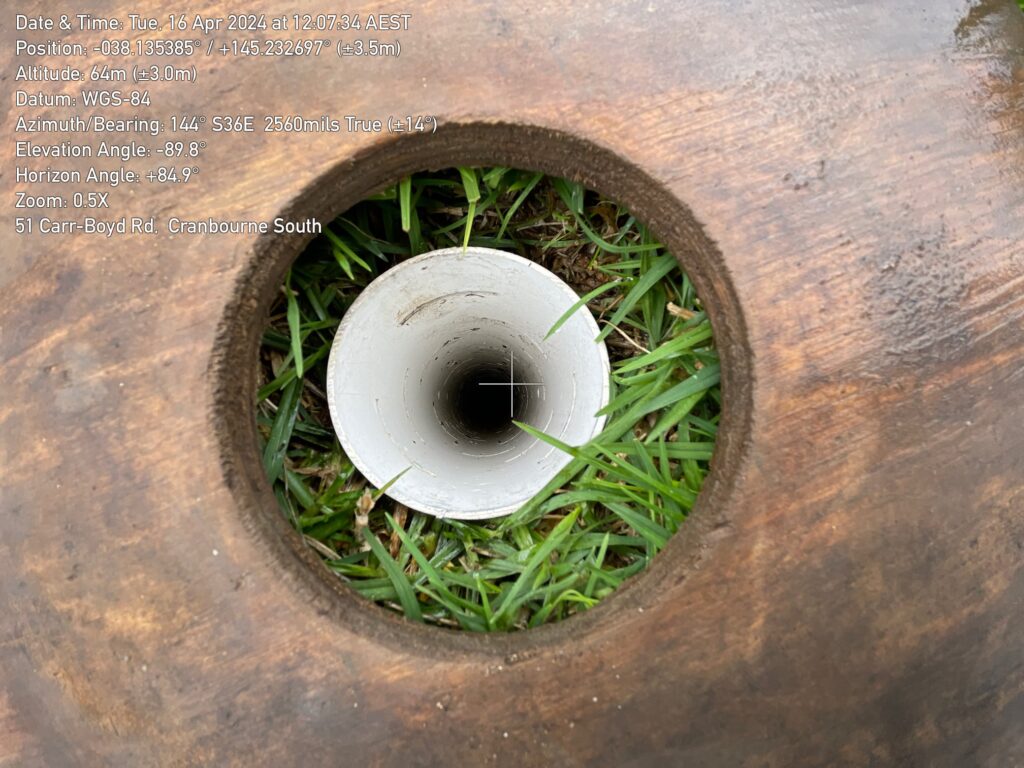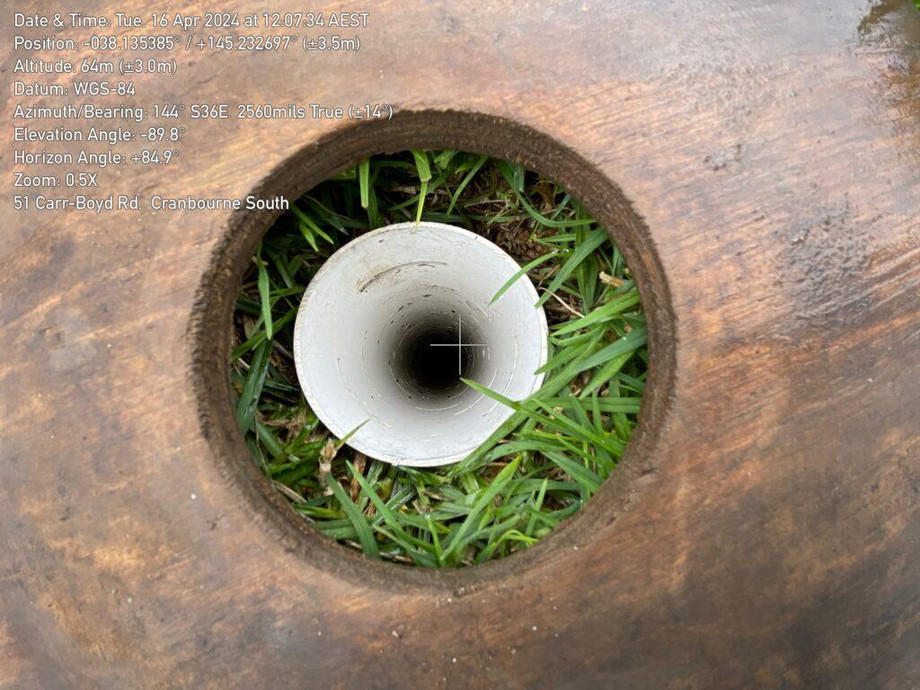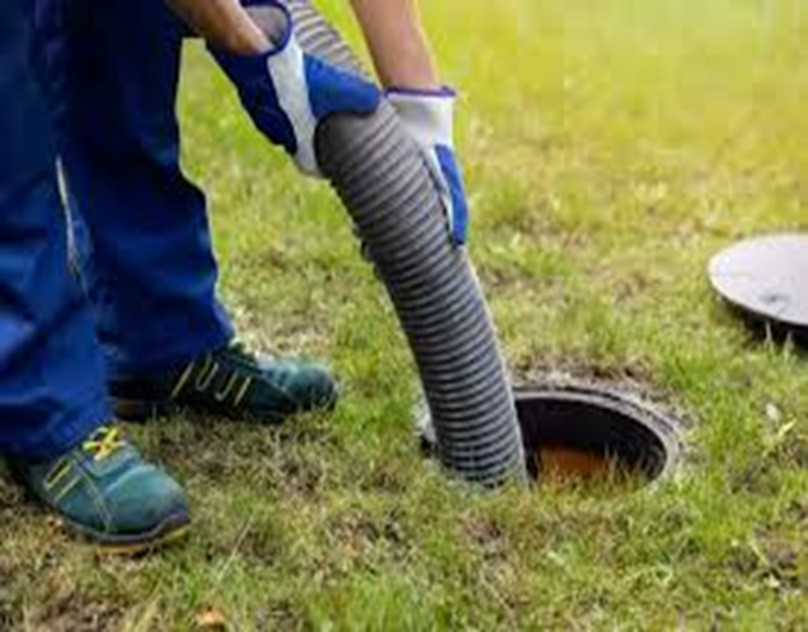If you’re planning to build a home or commercial property on land that requires an on-site wastewater management system, you’ll likely need a Land Capability Assessment Cost . This evaluation is essential for determining whether the land can sustainably support a septic system.In this blog, we’ll break down the factors that influence LCA costs, what you can expect during the process, and why investing in a quality assessment is worth it.
What Is a Land Capability Assessment (LCA)?
A Land Capability Assessment (LCA) is a detailed scientific evaluation of a property’s soil, terrain, and environmental conditions to determine its suitability for wastewater disposal.
An LCA typically considers factors such as:
- Soil type and permeability
- Slope and drainage capacity
- Water table depth
- Flood potential
- Vegetation cover
- Proximity to waterways or sensitive ecosystems
The goal of an LCA is to:
- Ensure the property can safely and effectively manage wastewater.
- Prevent contamination of nearby water sources.
- Protect public health and the environment.
If you are applying for a septic tank installation or upgrading your current wastewater system, local councils often require an LCA as part of the approval process.
Why Is a Land Capability Assessment Necessary?
Before we dive into the LCA cost, it’s important to understand why this assessment is crucial:
- Regulatory Compliance: Councils and environmental authorities require an LCA to confirm that the proposed wastewater system will not harm the environment or public health.
- Site Suitability: It helps determine if the land is suitable for on-site wastewater treatment or if modifications are needed.
- System Design: The assessment helps engineers and septic designers create the most efficient and safe system for your property.
- Long-Term Savings: By identifying potential issues in advance, you can avoid costly remediation or system failures in the future.
Factors Influencing Land Capability Assessment Costs
The cost of an LCA varies based on several factors. On average, you can expect to pay between in Australia. However, prices may fluctuate based on the following:
1. Property Size and Location
- Larger properties require more extensive soil testing and site inspections, which increases the cost.
- Properties in remote or difficult-to-access areas may incur higher travel and logistical expenses.
- Urban properties may have lower LCA costs due to easier accessibility and availability of survey data.
2. Soil Testing and Analysis
One of the most significant factors in LCA cost is the extent of soil testing required.
- Engineers conduct permeability tests to determine how quickly wastewater will drain through the soil.
- If the land has variable soil conditions (e.g., clay, loam, sand), multiple tests may be necessary, increasing the price.
3. Terrain and Slope
- Steeper slopes or uneven terrain require more complex assessments to measure runoff, drainage, and stability.
- Properties with higher slopes may need more advanced soil testing and design recommendations, driving up the cost.
4. Council and Regulatory Requirements
- Different councils have varying requirements for LCA reports.
- Some councils request hydraulic loading calculations, groundwater mapping, or additional environmental impact assessments, which can raise the price.
- If your property is in an area with environmental overlays, the LCA process may require more detailed reporting.
5. Report Complexity and Documentation
- A basic LCA report may be relatively straightforward, while a detailed LCA with in-depth mapping, testing, and system design will cost more.
- Comprehensive reports include detailed site plans, soil descriptions, and system recommendations, which require more time and expertise.
6. Consultant’s Expertise
- Hiring an experienced and licensed LCA consultant often costs more but ensures a thorough and reliable assessment.
- Cheaper, inexperienced services may lead to inaccurate reports, which could delay your project or cause compliance issues later.
What’s Included in an LCA Cost?
A professional LCA typically includes:
- Site Inspection: The consultant visits the property to evaluate the terrain, vegetation, and site conditions.
- Soil Sampling and Testing: Soil permeability, pH levels, and drainage capabilities are assessed.
- Environmental Risk Analysis: Evaluation of water table depth, flood risks, and potential contamination hazards.
- Detailed Report: The LCA report includes:
- Soil test results
- Recommended septic system type and size
- Drainage field design
- Compliance with council regulations
- Submission to Council: Some LCA services include handling council submissions, while others may charge separately.
Tips for Reducing LCA Costs
While an LCA is a necessary expense, there are ways to minimize the costs:
- Combine Services: If you are conducting multiple land assessments (e.g., soil testing for a house foundation), you may be able to bundle the services.
- Choose a Local Provider: Hiring a local LCA consultant reduces travel fees.
- Prepare Site Information: Provide the consultant with any existing soil or land survey data to reduce assessment time.
- Ensure Clear Access: Make sure the property is accessible to avoid additional fees for equipment transport or difficult access conditions.
Why Choose Septic Land Capability Assessment?
At Septic Land Capability Assessment, we specialize in providing thorough and compliant LCAs across Australia. Our experienced team offers:
- Comprehensive soil testing and site evaluations.
- Detailed, council-approved reports.
- Competitive pricing and transparent cost estimates.
- Expert guidance on septic system design and compliance.
Our commitment to quality ensures your property is assessed accurately, helping you avoid costly issues down the line.
Conclusion
A Land Capability Assessment is a crucial step in determining the suitability of your property for wastewater management. While LCA costs can vary, investing in a thorough and accurate assessment ensures long-term sustainability and regulatory compliance.
For reliable Land Capability Assessments in Australia, trust Septic Land Capability Assessment. Contact us today for a free quote and expert advice on your wastewater management needs.







Comments